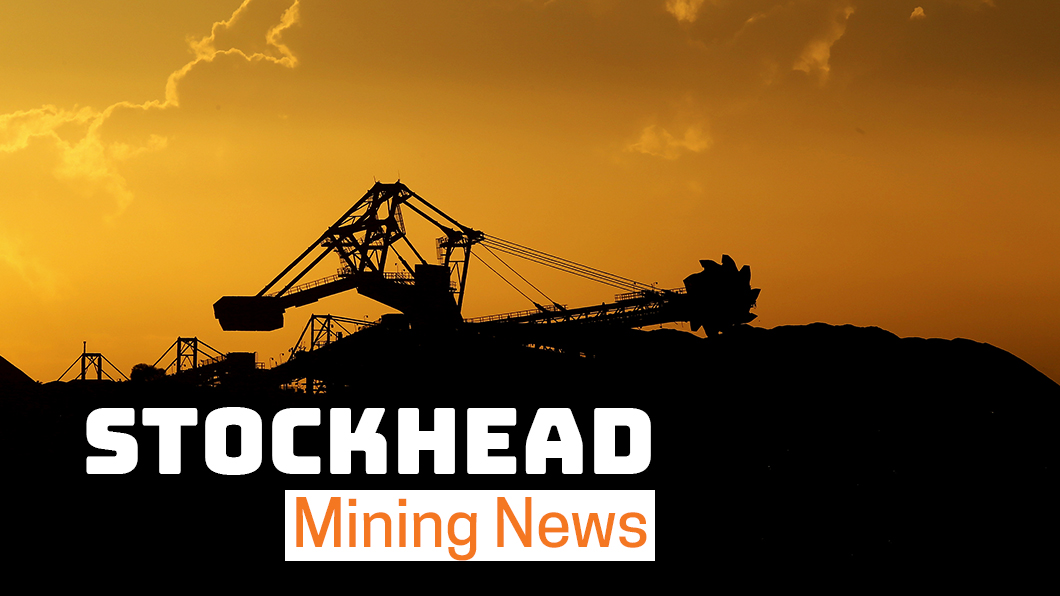Does a re-elected Coalition government mean the dawn of a new age for coal?

Pic: Bloomberg Creative / Bloomberg Creative Photos via Getty Images
It felt like many were surprised when Labor conceded defeat in the recent federal election, particularly considering all the polls pointed to the Opposition as the favourite to win.
Even Sportsbet was so confident that it paid out $1.3m to people who picked Labor three days early.
Given the growing push for Australia to become more active on the environmental front, one would’ve thought Labor would rake it in given its strong climate change agenda.
So what happened?
It seems Labor’s pussyfooting around whether it would or would not support Adani’s contentious big coal mine in Queensland was a problem for it in that state.
There was even a suggestion that federal Labor leader Bill Shorten told Queensland Premier Annastacia Palaszczuk to delay a decision on Adani’s Carmichael mine until after the election for fear it might call into question Labor’s climate change policy.
The key to a Labor victory, according to many commentators in the lead-up to the May 18 election, was the party winning valuable seats in Queensland – Australia’s largest coal mining state.
“Something happened in Queensland on election day, and seats that were forecast to fall to Labor instead went to the Coalition, some of them on large swings,” Mike Cooper, a senior editor covering the coal market for S&P Global Platts, told Stockhead.
“Queensland was the epicentre of the electoral earthquake that defied opinion polls and commentator forecasts.
“It is difficult to say if coal mining was an issue that decided the outcome of the election, especially in Queensland, but it may have had a hand.
“It may be that the much-delayed Adani project became a potent symbol for mining jobs in Queensland, and the coal industry’s future.”
- Subscribe to our daily newsletter
- Join our small cap Facebook group
- Follow us on Facebook or Twitter
Miners speak up
There has definitely been a lot of protesting against Adani’s coal mine by environmentalists, but the coal industry in Queensland also stepped up its activity ahead of the election in a bid to be heard.
Resource Industry Network, an industry association representing companies in the resource sector and those who are allied to the sector, held a couple of community rallies in Mackay before the election.
Resource Industry Network chairman David Hartigan said even if regional Queenslanders didn’t work directly in the coal industry, “an awful lot” of them were connected to it in some way.
“Queenslanders everywhere wanted a clear signal to be sent to the coal industry that Queensland welcomes their investment,” he told Stockhead.
“And so, if they’re a junior miner, Queensland wanted them to know that they’re welcome to come here and if they’re an existing miner, we wanted them to know that Queensland is a safe place for them to keep investing.”
And perhaps not surprisingly, Adani has dominated the news this past week, with the Queensland government now finally agreeing to make an assessment on two important environmental aspects of the controversial Carmichael thermal coal mine within the next three weeks.
Federal resources minister Matthew Canavan said the final approval for Adani would unlock thousands of jobs for Queenslanders.
“I welcome the Queensland government’s announcement regarding timelines for Adani’s approvals, but I don’t thank them,” he said last Friday.
“The thanks go to the people of Central Queensland who have forced this outcome through their votes last weekend.”
Canavan labelled the Queensland government’s sudden change of heart an “Olympic backflip” done primarily to try to save their own jobs — a state election is on the horizon.
“The Queensland people will watch like hawks now to make sure that the Labor government does not backflip again.”
Coalition uses coal to lower power prices
Wood Mackenzie senior research manager Adele Long said the Coalition government would focus on reducing energy prices, underwriting new power stations that would likely be low-cost coal, and study a new low-emissions coal generator in Queensland.
“This scheme attempts to reduce electricity prices – which rose approximately 122 per cent from 2014 to 2017 – through increasing the base supply of power from cheap coal,” Long noted.
“We expect the new government to continue to support the oil and gas and coal industries, due to the amount of export income, flow-on economic activity, employment and, ultimately, government revenue they provide.”
Resource Industry Network’s Hartigan said the group wanted whoever won government to understand just how important resources were to the Australian – particularly Queensland – economy.
“We were wanting to highlight to all regional communities, Australians everywhere, that resources are important and it’s not a goose that just keeps laying golden eggs that you can also eat at the same time,” he said.
“You’ve got to care for it and invest in it.”
So who has coal mines in Australia?
Queensland hosts 63 per cent of Australia’s black coal resources, while New South Wales accounts for about 23 per cent.
While Allegiance Coal’s (ASX:AHQ) flagship project is in British Columbia, Canada the company also has two coal projects in Queensland.
However, the Kilmain project in the Bowen Basin and the Back Creek project in the Surat Basin remain under review.
Bowen Coking Coal (ASX:BCB) is exploring ground in Queensland’s Bowen Basin, specifically at its Cooroorah project.
The project lies between the $3.1 billion Coronado Global Resources (ASX: CRN) owned Curragh mine and the Anglo, Marubeni and Sojitz owned Jellinbah mine in Queensland’s Bowen Basin.
Lustrum Minerals (ASX:LRM) owns the Consuelo thermal project south of Rolleston in the Bowen Basin.
Moreton Resources (ASX:MRV) and TerraCom (ASX:TER) also have projects in Queensland.
Meanwhile, Laneway Resources (ASX:LNY) and Wollongong Coal (ASX:WLC) have projects in New South Wales.
UNLOCK INSIGHTS
Discover the untold stories of emerging ASX stocks.
Daily news and expert analysis, it's free to subscribe.
By proceeding, you confirm you understand that we handle personal information in accordance with our Privacy Policy.








